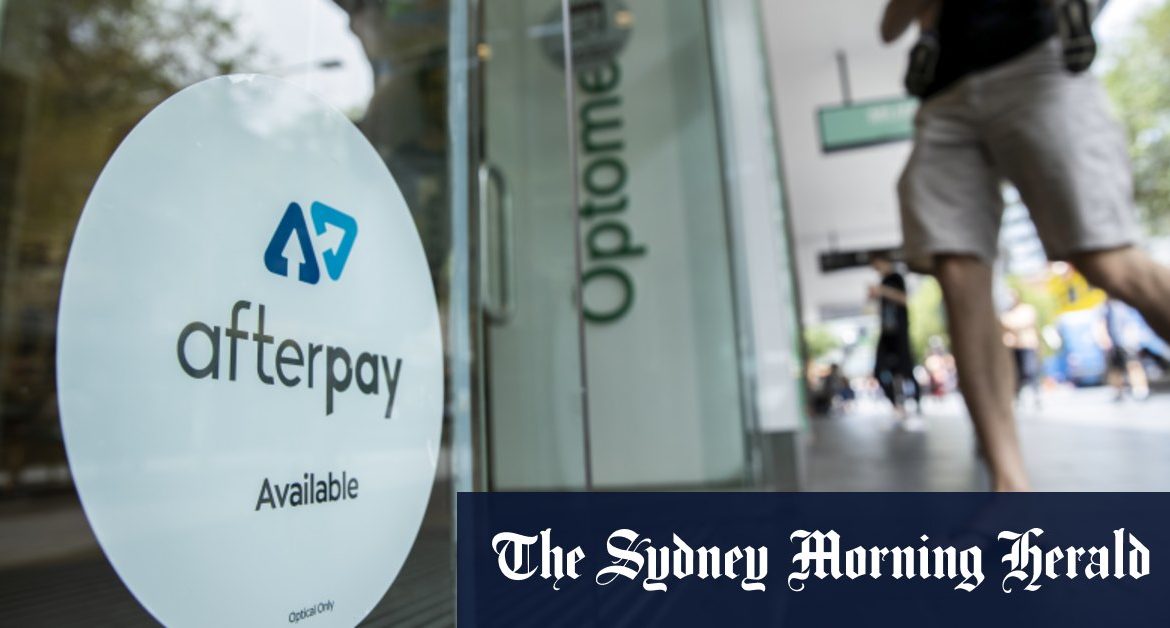The Reserve Bank of Australia and the Australian Securities and Investments Commission have to date given BNPL players a regulatory leave pass – in part because it is still a relatively small part of the consumer credit industry.
That said there is scant detail in the UK report on how any regulation would apply.
The most likely form it would take is to mandate BNPL providers to undertake some kind of credit check on customers to ensure they have the financial wherewithal to make instalment payments. How many potential customers this would affect is not clear – not all customers that are in arrears are necessarily unable to pay.
Afterpay’s experience of customer defaults is that it has been trending lower in all its regions according to its first 2021 quarter update issued in late October last year.
In the 2020 financial year Afterpay’s gross loss as a percentage of sales was 0.9 per cent – which was lower than it was in the 2019 financial year. However, there does seem to be some consensus among experts that undertaking some more fulsome credit checks could slow down customer acquisition numbers.
And given the meteoric rise in new customers has been responsible in large part for the similarly large rise in the share prices of BNPL companies, regulation could crimp growth a bit.
Loading
But the business model remains largely intact if credit checks become the regulatory tool of choice.
Meanwhile, if the market was wildly concerned about the prospects for growth in a regulated environment it wasn’t showing it much on Wednesday. The share prices of both Afterpay and Zip were down a little more than 1 per cent. Afterpay is already up more than 20 per cent this year, while Zip is up 40 per cent over the same period. Wednesday’s pullback was barely a blip on the share price radar.
The far larger risk faced by BNPL services is any move that may affect their ability to restrain their merchant partners from passing on the surcharge, with which they are slugged, to their customers.
In the minds of consumers, BNPL is a free service for them as long as they repay instalments on time. For merchants, offering BNPL is a necessary but expensive way of increasing sales and remaining competitive.
UBS – which has been a consistent bear on Afterpay – notes there is a systemic cost associated with BNPL transactions that if passed onto the consumer could put a more serious dent in the business model.
In other words if the surcharge paid by merchants was passed onto the consumer, the appeal of BNPL would be damaged.
But regulators have a balancing act to manage. These products are undeniably popular with younger consumers and there would be limited appetite to seriously injure the industry which is arguably the most successful example of the fintech revolution.
The far larger risk faced by BNPL services is any move that may affect their ability to restrain their merchant partners from passing on the surcharge, with which they are slugged, to their customers.
Established banks don’t like them because they are in part responsible for the slow demise of credit cards – that are traditionally favoured by older consumers.
Indeed the Australian Banking Association took a thinly veiled swipe at the sector saying it, in effect, reduces transparency and increases systemic money laundering risks.
But banks also understand that BNPL is part of the financial ecosystem. Last year Westpac struck up a partnership with Afterpay, with the bank providing the instalment operator with white label accounts branded as Afterpay.
And the Commonwealth Bank has taken a 5.5 per cent stake in Swedish-based Klarna.
Market Recap
A concise wrap of the day on the markets, breaking business news and expert opinion delivered to your inbox each afternoon. Sign up here.
Elizabeth Knight comments on companies, markets and the economy.
Most Viewed in Business
Loading







